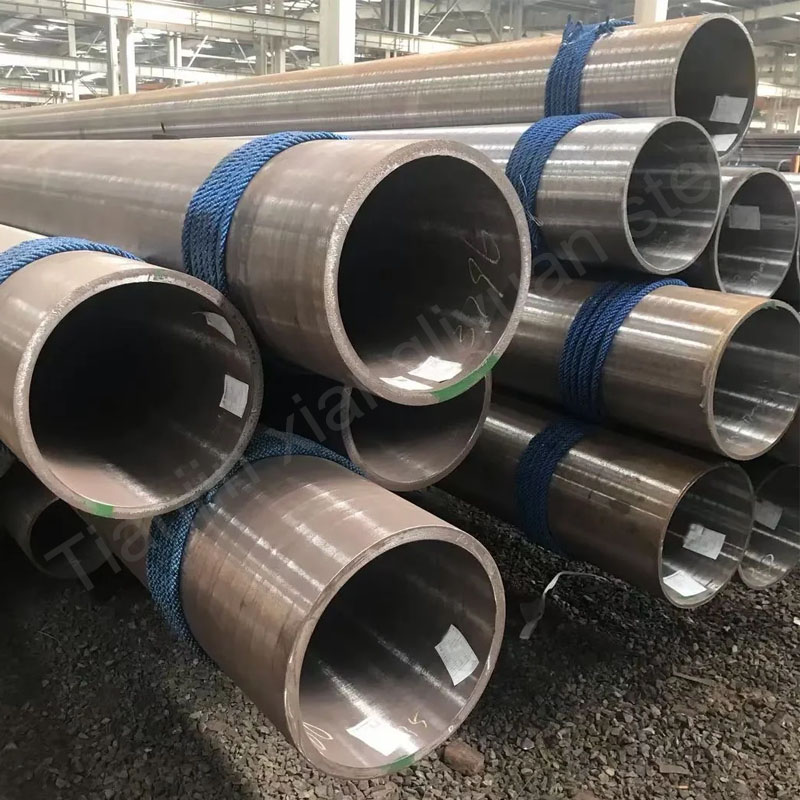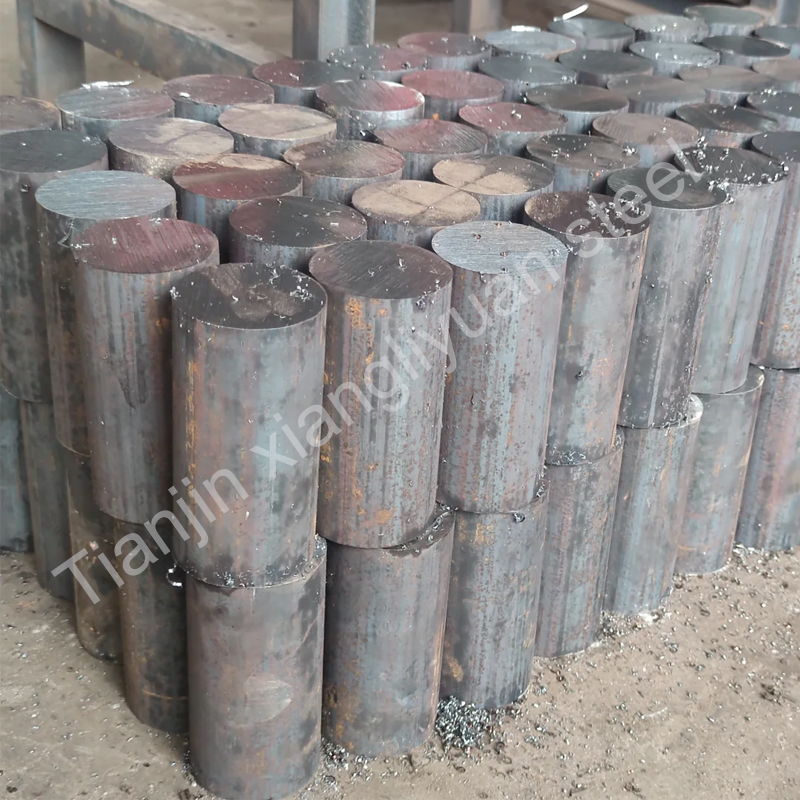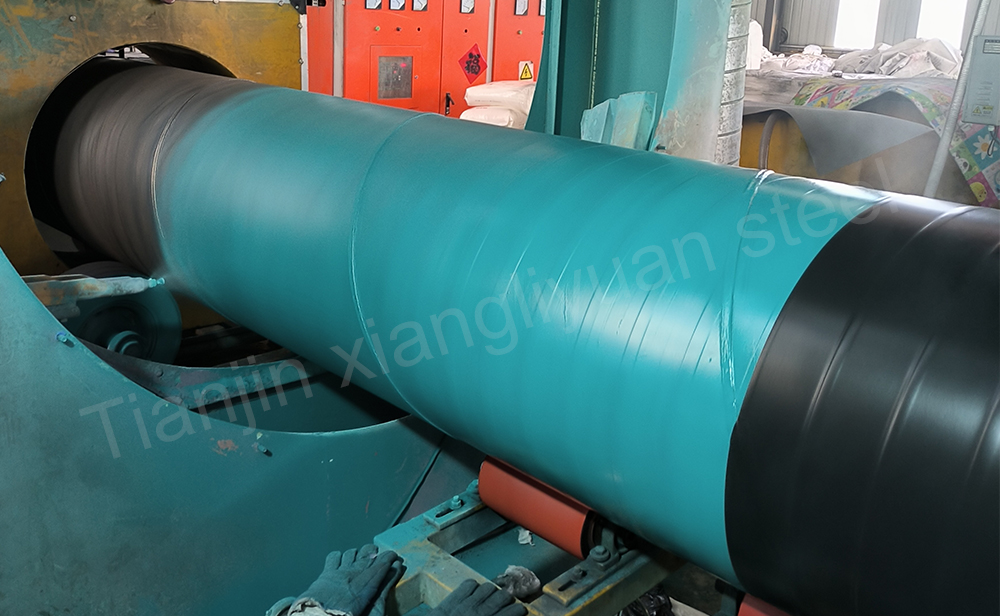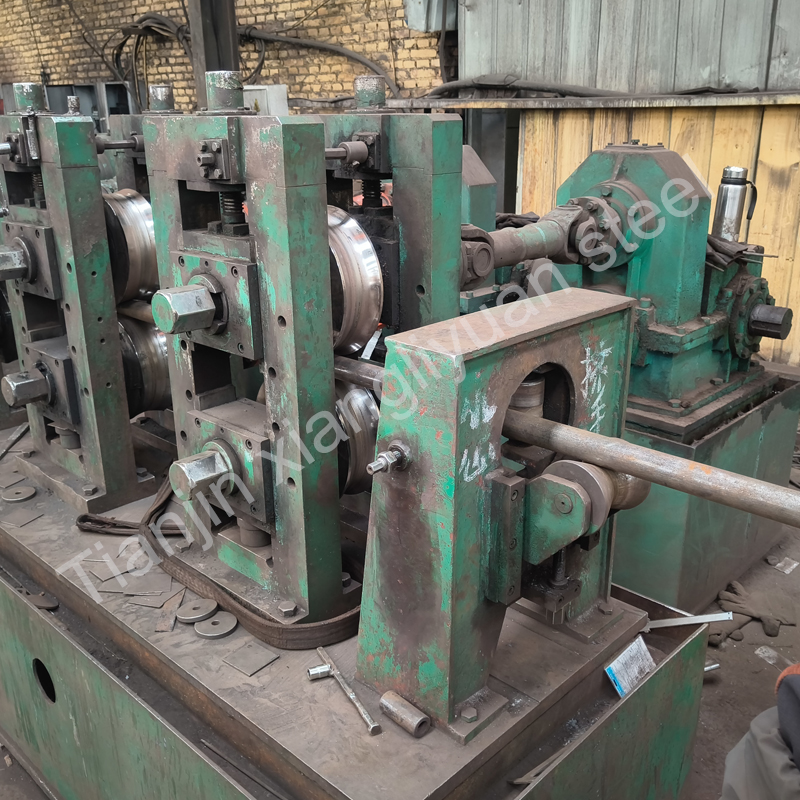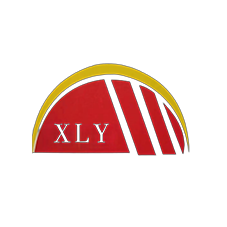For engineers, procurement specialists, and project managers sourcing piping systems globally, material selection isn’t just a choice – it’s a critical determinant of project success, safety, and longevity. While carbon steel serves many applications, demanding environments require the enhanced properties offered by alloy steel pipes. As a specialized supplier deeply invested in metallurgical excellence, we understand your need for reliable, high-performance materials. This guide explores the common and specialized alloy steels used in pipe manufacturing, highlighting their key properties and applications, empowering you to make informed decisions.
Why Alloy Steel Pipes? Beyond Carbon Steel’s Limits
Carbon steel pipes, primarily iron (Fe) and carbon (C), are economical workhorses. However, they face limitations in:
High-Temperature Service: Losing strength, creeping, or oxidizing rapidly.
Corrosive Environments: Susceptible to rust, pitting, and general wastage from chemicals, seawater, or acidic process streams.
High-Pressure Applications: Requiring superior yield and tensile strength.
Low-Temperature Applications: Becoming brittle and prone to fracture.
Abrasive or Erosive Conditions: Requiring enhanced surface hardness and wear resistance.
Alloy steel pipes overcome these limitations by incorporating carefully controlled amounts of specific alloying elements, each contributing unique properties:
Chromium (Cr): Enhances corrosion resistance (forms protective Cr2O3 oxide layer), increases high-temperature strength, and improves hardenability.
Molybdenum (Mo): Significantly boosts high-temperature strength and creep resistance, improves corrosion resistance (especially against pitting/crevice), and enhances hardenability.
Nickel (Ni): Improves toughness (especially at low temperatures), increases corrosion resistance (particularly against acids), and aids austenite stability.
Manganese (Mn): Increases strength and hardenability, aids deoxidation during steelmaking.
Silicon (Si): A powerful deoxidizer, improves strength, and enhances resistance to scaling at high temperatures.
Vanadium (V), Niobium (Nb), Titanium (Ti): Form stable carbides/nitrides, providing grain refinement, increased strength and toughness, and improved creep resistance at high temperatures.
Copper (Cu): Can improve atmospheric corrosion resistance in certain grades.
Common Alloy Steel Pipe Materials: Workhorses of Industry
AISI/SAE 4130 & 4140 (Chromoly Pipes):
Composition: Low-alloy steels featuring Chromium (Cr) and Molybdenum (Mo). 4130 (~0.30% C, 1% Cr, 0.20% Mo), 4140 (~0.40% C, 1% Cr, 0.20% Mo).
Key Properties: Excellent strength-to-weight ratio, good toughness, fatigue resistance, and machinability. Can be heat treated (quenched & tempered) for significantly higher strength levels. Moderate corrosion resistance.
Pipe Applications: High-pressure hydraulic and pneumatic lines, aircraft and aerospace tubing, automotive roll cages and structural components, oil & gas downhole tools and surface equipment, high-stress structural frameworks. ASTM A519 covers seamless mechanical tubing in these grades.
Why Source Them: Ideal where weight savings and high strength are paramount, outperforming standard carbon steel (A106, A53) significantly.
ASTM A335 P11, P22, P91 (Chrome-Moly Pipes for High-Temp Service):
Composition: Increasing levels of Cr and Mo for elevated temperature performance. P11 (1.25Cr-0.5Mo), P22 (2.25Cr-1Mo), P91 (9Cr-1Mo-V – a “creep strength enhanced ferritic” or CSEF steel).
Key Properties: Outstanding high-temperature strength, creep resistance, and oxidation resistance. P91 offers significantly higher allowable stresses at temperatures above 1000°F (538°C) compared to P22/P11. Good thermal fatigue resistance.
Pipe Applications: Essential for power generation (boiler tubes, superheaters, reheaters, steam lines), petrochemical processing (fired heaters, catalytic crackers, high-temperature process lines), refining. Conforms to strict ASME Boiler & Pressure Vessel Code requirements. Supplied in normalized and tempered or normalized, tempered, and precipitation hardened condition.
Why Source Them: Mandatory for safe, long-term operation in high-temperature, high-pressure steam and process services. Failure is not an option.
ASTM A312 TP304/304L, TP316/316L (Austenitic Stainless Steel Pipes):
Composition: Chromium (18-20%) and Nickel (8-12%) define the 300 series. TP304/304L (18Cr-8Ni), TP316/316L (16Cr-10Ni-2Mo). “L” grades have low carbon (<0.03%) for improved weldability and resistance to sensitization/intergranular corrosion.
Key Properties: Excellent general corrosion resistance (atmospheric, many chemicals, food), high toughness even at cryogenic temperatures, good formability and weldability, hygienic surface (important for food/pharma). TP316/L offers superior resistance to chlorides and pitting due to Molybdenum.
Pipe Applications: Chemical processing, pharmaceuticals, food & beverage, marine, architectural, water treatment, heat exchangers, cryogenic systems, pulp & paper. The most widely used corrosion-resistant alloy pipes.
Why Source Them: The benchmark for corrosion resistance in a vast range of non-severely corrosive environments. TP316/L is essential where chlorides are present.
Specialized Alloy Steel Pipes: Conquering Extreme Environments
For truly demanding applications, advanced alloys are essential:
Duplex & Super Duplex Stainless Steel Pipes (ASTM A790/A928):
Composition: Balanced microstructure of ~50% Austenite and 50% Ferrite. Common grades: 2205 (22Cr-5Ni-3Mo-N), 2507/S32750 (25Cr-7Ni-4Mo-N). Higher Cr, Mo, N than 316.
Key Properties: Exceptional strength (2x 316), outstanding resistance to chloride stress corrosion cracking (SCC), excellent pitting/crevice corrosion resistance (high Pitting Resistance Equivalent Number – PREN > 34 for 2205, >40 for 2507), good toughness.
Pipe Applications: Offshore oil & gas (seawater systems, umbilicals, topside piping), chemical processing (aggressive acids, chlorides), desalination plants, pulp & paper digesters, FGD systems, high-pressure sour gas service.
Why Source Them: Superior to 316/L in chloride-rich, high-stress, or sour (H2S-containing) environments. Offers weight savings due to high strength. Critical for offshore and demanding chemical applications.
Nickel Alloy Pipes (ASTM B622, B619, B729 etc.):
Composition & Grades: A family of high-performance alloys:
Alloy 625 (UNS N06625): Ni-Cr-Mo with Nb. Unparalleled corrosion resistance (wide range of acids, seawater, oxidizing salts), exceptional high-temperature strength, resistance to pitting/crevice corrosion.
Alloy C276 (UNS N10276): Ni-Cr-Mo-W. Premier resistance to severe corrosive environments (hot reducing acids like H2SO4, HCl, mixed acids, chlorine, hypochlorite), outstanding pitting/crevice resistance.
Alloy 400 (Monel® UNS N04400): Ni-Cu. Excellent resistance to seawater and steam, hydrofluoric acid (HF), alkalis, salts.
Alloy 800/800H/800HT (UNS N08800/08810/08811): Fe-Ni-Cr. Good high-temperature strength and oxidation resistance, resistance to carburization/sulfidation.
Alloy 825 (UNS N08825): Ni-Fe-Cr-Mo with Cu and Ti. Resistant to sulfuric and phosphoric acids, stress corrosion cracking, localized corrosion.
Key Properties: Unmatched corrosion resistance in the most aggressive environments, high-temperature strength and stability, resistance to oxidation, carburization, sulfidation.
Pipe Applications: Chemical processing (aggressive acids, catalysts), offshore oil & gas (downhole, topside severe service), pollution control (FGD), nuclear, pharmaceutical (ultra-pure), marine components, aerospace.
Why Source Them: The ultimate solution when 316/L, duplex, or even 6Mo steels fail. Essential for handling the most corrosive media and extreme temperatures. Investment in longevity and reliability.
High-Temperature Alloy Pipes (Beyond Standard CrMo):
Grades: TP347H (stabilized austenitic SS), Alloy 617 (Ni-Cr-Co-Mo), Alloy 625, Alloy 800H/HT, Alloy 253MA (high N/Ce austenitic).
Key Properties: Superior long-term creep strength, excellent oxidation and carburization resistance at very high temperatures (>1100°F / 600°C), microstructural stability.
Pipe Applications: Advanced power plants (ultra-supercritical boilers), ethylene cracking furnaces, reformers in petrochemicals, gas turbines, heat treatment equipment.
Why Source Them: Enable higher efficiency and temperatures in power and process plants, demanding specialized metallurgy and strict quality control.
Key Considerations for Sourcing Alloy Steel Pipes: What Buyers Demand
When procuring alloy pipes, international buyers prioritize:
Material Certification & Traceability: MTC (Mill Test Certificate) to EN 10204 3.1 / 3.2 is non-negotiable. Full traceability from melt to final product (PMI verification common). Compliance with ASTM/ASME, EN, NACE, PED, etc.
Precise Chemistry & Mechanical Properties: Guaranteed composition within tight limits and verified mechanical properties (YS, UTS, Elongation, Impact Toughness – Charpy V-notch, Hardness) per specification.
Dimensional Accuracy & Tolerances: Strict adherence to OD, WT, length, straightness, ovality (ASTM A530, ASME B36.10M/19M).
Surface Condition & Integrity: Freedom from detrimental defects. Smooth finishes (e.g., pickled/passivated for SS), controlled ID/OD for critical applications. NDE (UT, Hydro, Eddy Current) as required (ASTM A450, A530, A789).
Corrosion Performance Validation: PREN calculations for stainless/duplex, understanding CPT/CCT, suitability for sour service (NACE MR0175/ISO 15156).
Weldability & Fabrication Support: Providing appropriate PQR/WPS guidance, understanding PMI requirements for welding consumables.
Supplier Expertise & Reliability: Proven track record in specific alloys, quality management (ISO 9001), technical support, logistical capability, and on-time delivery.
Tianjin xiangliyuan steel: Your Strategic Partner for Advanced Alloy Steel Pipes
Moving beyond standard carbon steel requires a partner with deep metallurgical knowledge and a commitment to quality. At Tianjin xiangliyuan steel , we specialize in the complex world of alloy steel pipes. Our extensive inventory and sourcing network encompass:
Comprehensive Grades: From Chromoly (4130, 4140) and standard CrMo (P11, P22, P91) to the full spectrum of Austenitic (304/L, 316/L, 317L, 904L), Duplex/Super Duplex (2205, 2507, ZERON® 100), Nickel Alloys (400, 600, 625, 825, C276, 800H/HT), and specialized high-temperature alloys.
Uncompromising Quality: Rigorous material certification (EN 10204 3.1/3.2), PMI verification, comprehensive NDE (UT, Hydrostatic, Eddy Current), dimensional precision.
Global Standards Expertise: Full compliance with ASTM, ASME, EN, DIN, JIS, NACE, PED, and customer-specific specifications.
Technical Partnership: Our metallurgical experts provide guidance on material selection, corrosion resistance, fabrication best practices, and application suitability.
Reliable Global Supply Chain: Efficient logistics ensuring timely delivery of critical materials worldwide.
Conclusion: Elevate Your Project with the Right Alloy Solution
Choosing the correct alloy steel pipe is fundamental to project integrity, safety, and cost-effectiveness over the asset’s lifecycle. Whether facing high temperatures, corrosive chemicals, extreme pressures, or cryogenic conditions, there is an alloy solution engineered to perform. Don’t settle for generic suppliers who lack the depth and expertise in advanced alloys.
Partner with Tianjin xiangliyuan steel for your specialized alloy pipe requirements. Contact us today to discuss your project specifications, request a quote, or leverage our technical expertise. Let us provide the material confidence your critical applications demand.

